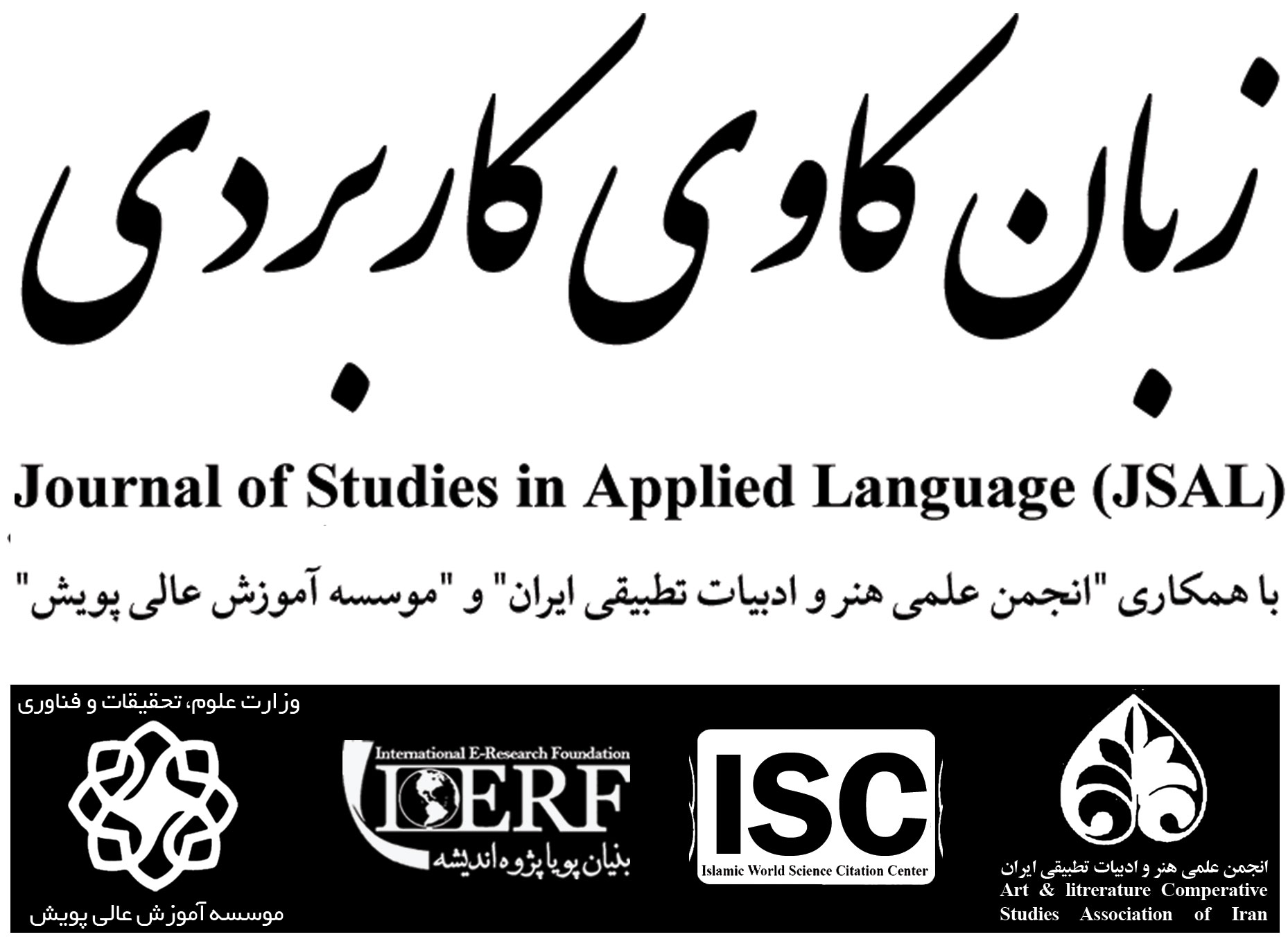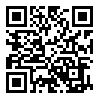<>
Volume 4, Issue 2 (Journal of Language Teaching, Literature & Linguistics (JLTLL) 2021)
JSAL 2021, 4(2): 223-241 |
Back to browse issues page
Download citation:
BibTeX | RIS | EndNote | Medlars | ProCite | Reference Manager | RefWorks
Send citation to:



BibTeX | RIS | EndNote | Medlars | ProCite | Reference Manager | RefWorks
Send citation to:
Shafiei F, Ghassemzadeh H. (2021). Learning a second language as evidence of brain plasticity [In Persian]. JSAL. 4(2), 223-241.
URL: http://jsal.ierf.ir/article-1-83-en.html
URL: http://jsal.ierf.ir/article-1-83-en.html
1- Ph.D. Cognitive Linguistics, Institute for Cognitive Science Studies, Tehran, Iran , s.shafiee@alumni.ut.ac.ir
2- Professor. Department of Psychiatry, Roozbeh Hospital, Tehran University of Medical Sciences,Tehran, Iran
2- Professor. Department of Psychiatry, Roozbeh Hospital, Tehran University of Medical Sciences,Tehran, Iran
Abstract: (2966 Views)
The study of the relationship between the brain and language learning has always been of interest to researchers in various sciences. This may be due to the multidimensional nature of language that influences other human activities. One of the issues that has been raised for a long time is how the brain is able to learn language and how language learning affects the brain. In this study, we first refer to the classical view of the brain based on the concept of inflexibility of the brain after passing through the critical age, and then the opposite view, Donald Hebb's view, which emphasizes the constant flexibility of the brain was presented. In the following, by mentioning the researches done using brain imaging technology in the field of second language learning, the flexibility of the brain is examined and in this regard, the question is whether the brain, after passing through the critical age, will have no change or will the plasticity of the brain continue throughout life, and what effects does the language learning have on it? The results indicated that the plasticity of the brain in linguistic and non-linguistic learning does not depend on age, and the brain has the ability to regenerate itself to some extent at any age. As a result of this view, the assumption of the classical view of the brain that there is a critical period for the plasticity of the brain is questioned.
Keywords: Brain Plasticity, Second language learning, Bilingualism, Critical Period, Sensitive Period, Cognitive Activities
Type of Study: Research |
Subject:
Language Teaching
Received: 2021/05/2 | Accepted: 2021/06/5 | Published: 2021/08/18
Received: 2021/05/2 | Accepted: 2021/06/5 | Published: 2021/08/18
Send email to the article author
| Rights and permissions | |
 |
This work is licensed under a Creative Commons Attribution-NonCommercial 4.0 International License. |






